BBC Proms 2025: The Last Night of the Proms at the Royal Albert Hall
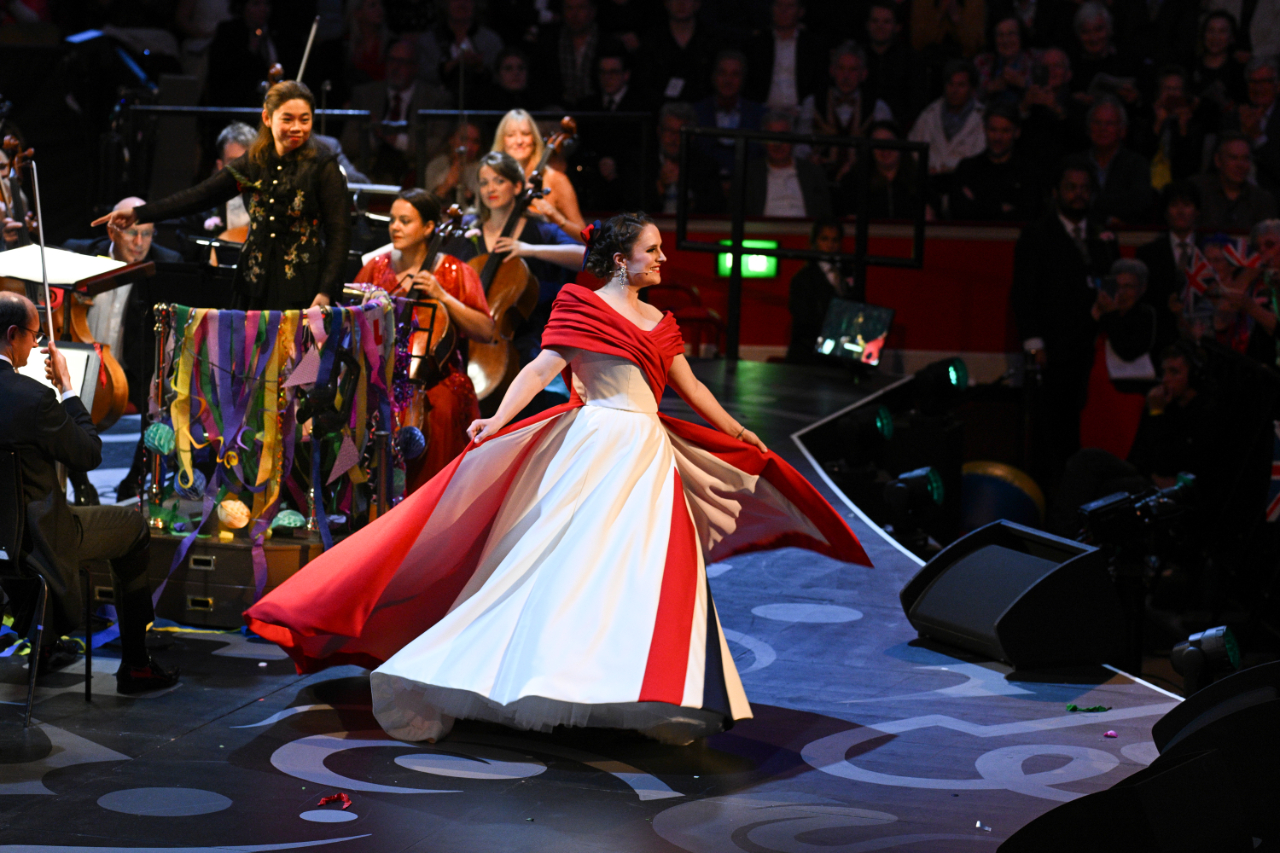
The Last Night of the Proms has long been cast as the Glastonbury of the classical set. Tickets are hard to come by; people ballot, raffle, plead, all for the privilege of waving flags and raising flutes of bubbly while belting out “Rule, Britannia!” in sequined tops. It was this writer’s first Last Night, and where a slightly embarrassing platter of patriotism was expected, I found instead a fizzing spectacle of joy, inclusivity and unselfconscious affection for music – leavened, crucially, with a good dose of humour, which is arguably the thing the British still do best.
The evening divides into two halves. The first is the more sober-minded: a kind of “greatest hits” sampler of classical repertoire. But the choices were not entirely predictable. Amongst others, Mussorgsky’s Night on the Bare Mountain, Benjamin’s Storm Cloud Cantata, alongside a trumpet concerto by Johann Nepomuk Hummel, played with ravishing clarity by Alison Balsom, in what was, sadly, her final performance. The evening also featured music by no fewer than three female composers. There was a brief but exquisite choral piece, Today, by Lucy Walker. Camille Pépin’s sparkling orchestral work Fireworks, cinematic in character, followed. Later came Rachel Portman’s The Gathering Tree, a Scottish-folkloric orchestral and choral meditation on unity. Slightly syrupy, perhaps, but against the backdrop of what was happening in London, and in the wider world, it struck a resonant chord. The audience seemed deeply moved.
The highlight of the evening came at the start of the second half: an explosive arrangement of Bohemian Rhapsody, with multiple singers, full orchestra and choir. The audience scarcely had time to process the spectacle before – wait, was that Brian May, with his trademark cloud of frizzy hair, walking onstage? And could that figure pounding a massive gong really be Roger Taylor? It was! The hall gasped, then erupted. The second half leaned further into entertainment: a medley of the best from My Fair Lady, sung with flair by Louise Alder, then Leroy Anderson’s 1950s piece The Typewriter, with comedian Bill Bailey at the keys. This razor-sharp routine doubled as both a comic sketch and a rhythmic masterclass, leaving the hall roaring with laughter.
The evening, of course, delivered its “usual suspects”. Henry Wood’s Fantasia on British Sea Songs came with the customary silliness: bobbing, spinning and cackling from the crowd. “Rule, Britannia!” followed, with Alder resplendent in a Union Jack-coloured gown, while the audience waved a sea of flags. The majority were EU banners, with only a few British and other international emblems. Equally conspicuous was the prominence of French composers: Pépin, Dukas and Gounod. Britain may have formally left the European Union, but classical music, it seems, has yet to sign the papers.
And then came the inevitables: Elgar’s Pomp and Circumstance, Blake’s Jerusalem, the National Anthem, and at last Auld Lang Syne. The atmosphere turned giddy, with balloons drifting overhead and crackers snapping through the air. The evening, which by this point felt like a marathon, was carried with brilliance by the BBC Symphony Orchestra, the BBC Singers, and their superb conductor, Elim Chan. Chan, who was raised in Hong Kong, spoke twice during the evening, reminding us that the Proms exist to bring people together through music, whether in the Albert Hall or on a sofa at home. Her words felt sweet and sincere, and over the course of the night, they proved true. It really did seem as if everyone was part of a shared celebration, united by music and folded into something larger than themselves.
In the end, the evening proved less a relic of faded nationalism than a communal celebration: joyful, inclusive, effervescent and genuinely delightful.
Constance Ayrton
Photos: Chris Christodoulou
For further information and future events, visit BBC Proms 2025’s website here.

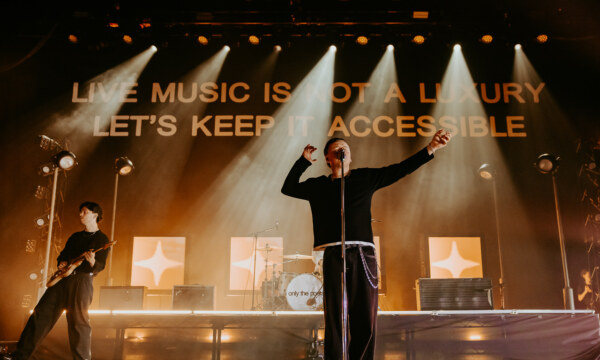

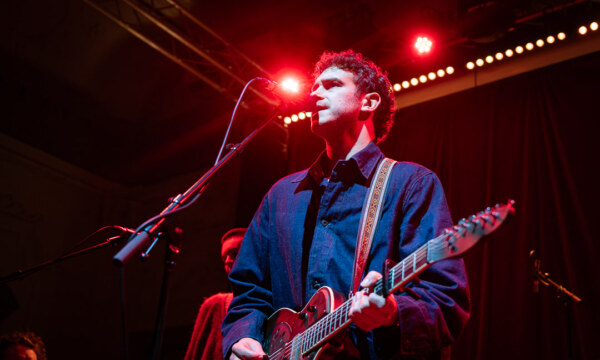
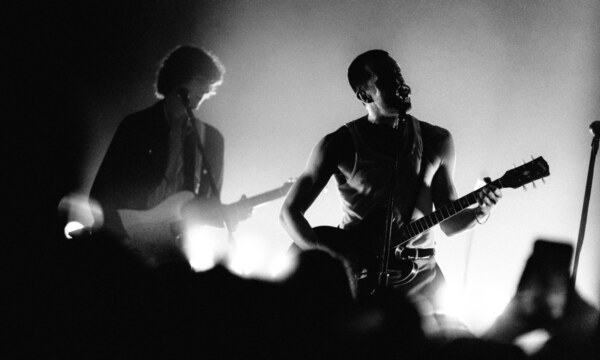

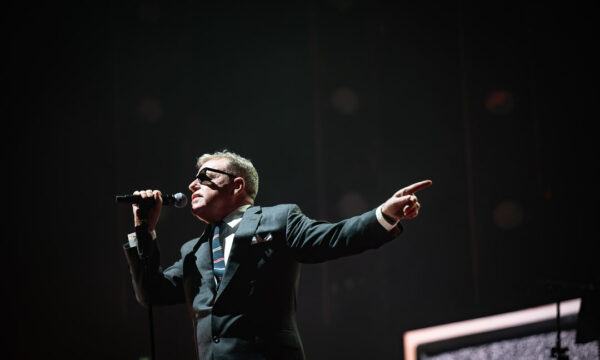
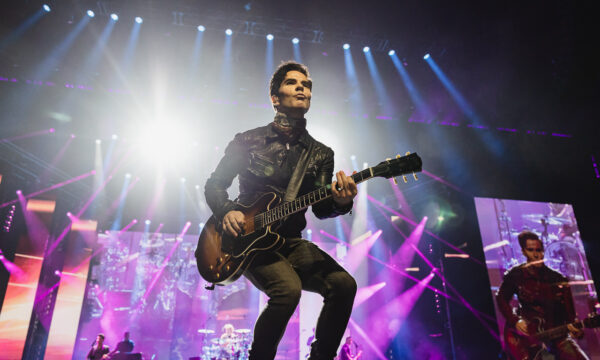
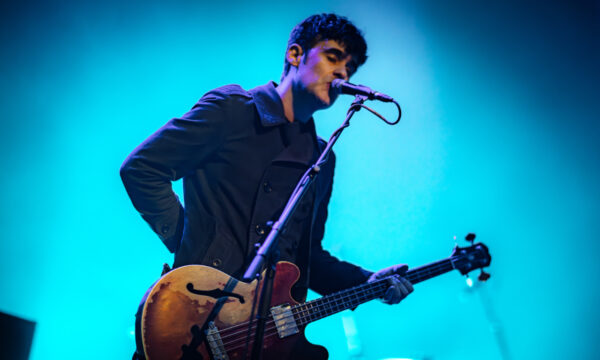
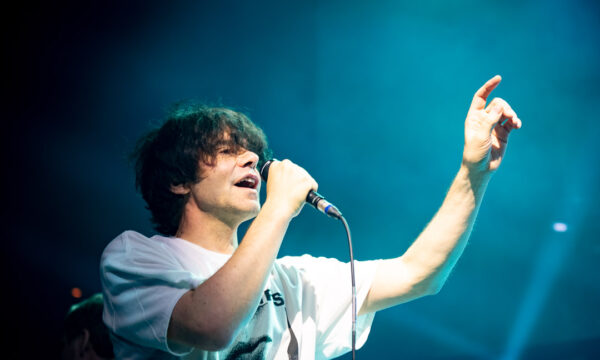


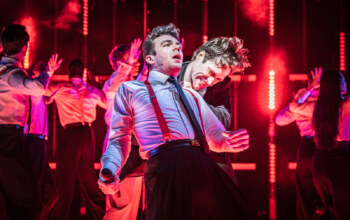
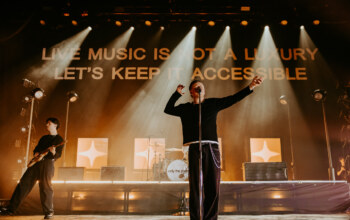
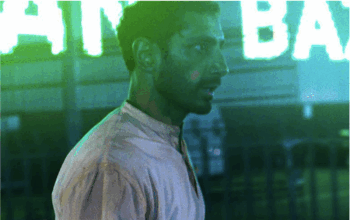

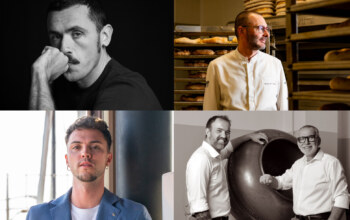




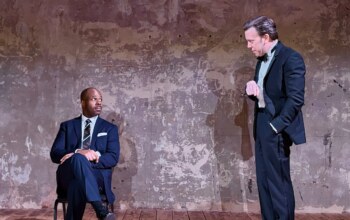

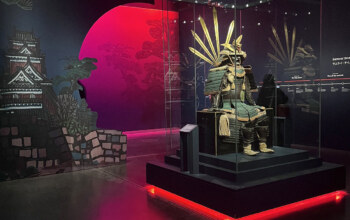
Facebook
Twitter
Instagram
YouTube
RSS